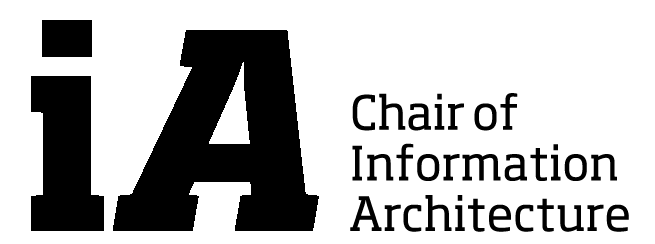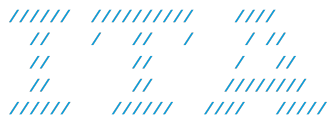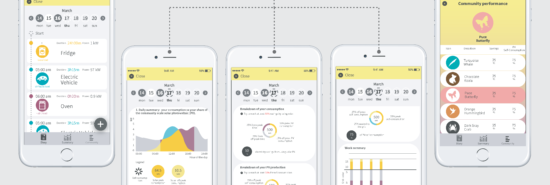Our Energy is a project with the goal to analyse the impact of self-consumption of electricity produced by a simulated photovoltaic system in Swiss households.
Wollen Sie erfahren wie es wäre, zu Hause Strom aus Solar-PV zu haben?
Informationen zur Teilnahme: 23. Juni – 6. Juli
Bevor Sie beginnen, bitten wir Sie, an unserer Umfrage teilzunehmen
About:
Electricity supply from photovoltaic (PV) systems are an important part of the 2000-Watt-Society and Swiss Energy Strategy 2050 targets. In order to maximize the potential of electricity production from PV, it is important to use as much of the electricity on-site, exactly when it is generated. This is called self-consumption (Eigenverbrauch) and has been introduced to help PV system owners maximize the benefits of their systems. This becomes increasingly attractive especially in combination with electricity demands from electric vehicles, and electric heat pumps for heating and hot water. Self-consumption also helps electric utility companies because when too much electricity from solar PV is sent to the grid at the same time this can cause grid instability issues. In the worst-case scenario, the utility companies would have to ‘waste’ the solsar electricity to maintain constant supply. Many utility companies, including EKZ, have developed strategies to avoid these problems, for example through, EKZ Eigenstrom X.
There is also a recent focus on self-consumption communities as they have a higher potential for self-consumption because there are tenants to use the electricity. As an example, EKZ’s strategy for this is further explained in, EVG-Komplettlösung Alles unter einem Dach. While this is helpful for planning and development of the PV systems, there is still limited information for the individuals of such self-consumption communities to know exactly how to better use their electricity of their community system. It is important to match electricity consumption patterns to solar electricity production patterns. For this, it important to have real-time information for individual and aggregate performance to maximize the on-site electricity generation.
Two-week Test phase of the app: June 23rd to July 6th of 2019:
Because of this information gap, a team of researchers at ETH has developed ‘Our Energy’. It is a mobile application for citizens to ‘Try Solar’ and learn how they can intelligently use electricity produce from a community scale PV system. This is especially for people who have not yet installed solar or who are interested in solar. They are inviting citizens of Einsiedeln to participate in the 2-week energy challenge starting on June 23rd to July 6th. The app will be launched on the 20th of June and the team will also be present at the Weekend Am See on the 23rd of June to answer any questions related to the app or the challenge. Participation only requires 5 minutes each day (or more if interested) to enter the daily electric appliances used at home for that day. Each user will see how the self-consumption profile changes based on different electric consumption inputs with cues about performance.
Along with the challenge, there will be two short surveys to learn about what citizens currently think about these issues and then what participants thought of the challenge. Everyone who participates in the challenge and the surveys are eligible to enter a raffle to win a smart home energy management system. Note that the app follows the GDPR and all participation is voluntary and anonymous.
Overall, the goal of the ‘Our Energy App’ is for users to test what it would be like if they would receive electricity from a community PV system and learn how to use this type of electricity better. This not only helps individual households, their communities, or the utility companies, this will help Switzerland as they transition off nuclear electricity supply and to renewable energy.
Media:
https://www.einsiedleranzeiger.ch/einsiedler/2019/06/07/wer-moechte-strom-sparen/
Logistics:
The terms and conditions for the Application are directly in the app, but also below:
Terms and conditions_DE and Terms and conditions_EN
Team members:
Prof. Dr. Gerhard Schmitt
Phd. Danielle Griego
Msc. Natasha Catunda
David Dal Busco
Denise Weber
Torsten Häffner



